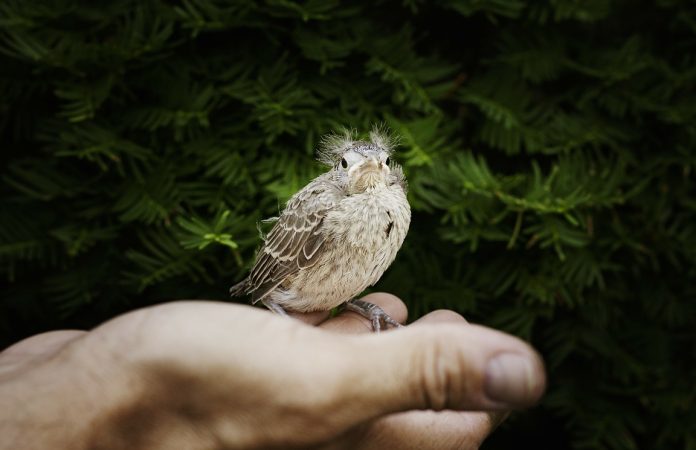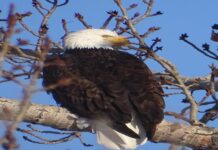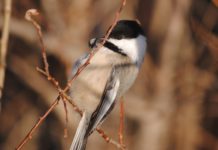
Every year, thousands are birds are hatched and begin the journey toward adulthood; until they’ve fully matured, they are incredibly vulnerable. Knowing when to help, and more importantly when not to help is an important part of being good wildlife stewards.
Did you know?
- It is a myth that handling baby birds will transfer the scent of humans and will deter the animal’s mother from continuing to care for it. While handling animals should only be done under extraordinary circumstances, birds have a poor sense of smell and will resume caring for their young.
- Cats and other domesticated animals cause the deaths of countless birds every year, especially juvenile birds that are less able to flee from danger. Cats are also responsible for hundreds of admissions to the Calgary Wildlife Rehabilitation Society annually.
- Most birds are not immediately able to fly once they leave the nest. They go through a fledging period on the ground where they develop their flight musculature and feathering.
- Nestlings are naked or partially feathered birds. If you find a nestling, try to return the baby to its nest. If the nest cannot be located or safely accessed, keep the nestling warm and call a wildlife rehabilitation centre.
- Fledglings are fully-feathered but not yet able to fly. Fledglings are protected by their parents and should be left alone unless obviously injured.
When in doubt, call for help! Don’t accidentally kidnap a fledgling; they have a much better chance of survival with their mother! Please contact the Calgary Wildlife Rehabilitation Society hotline at 403-239-2488 for tips, instructions, and advice, or look at the website at www.calgarywildlife.org for more information.









